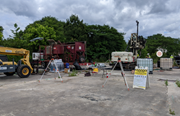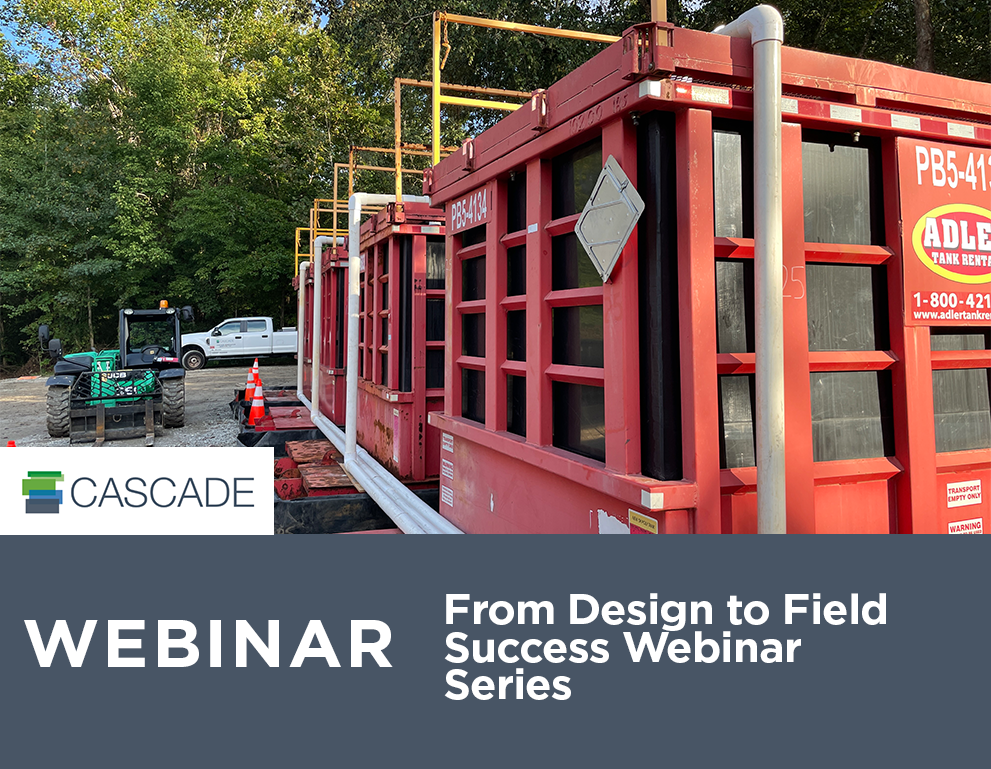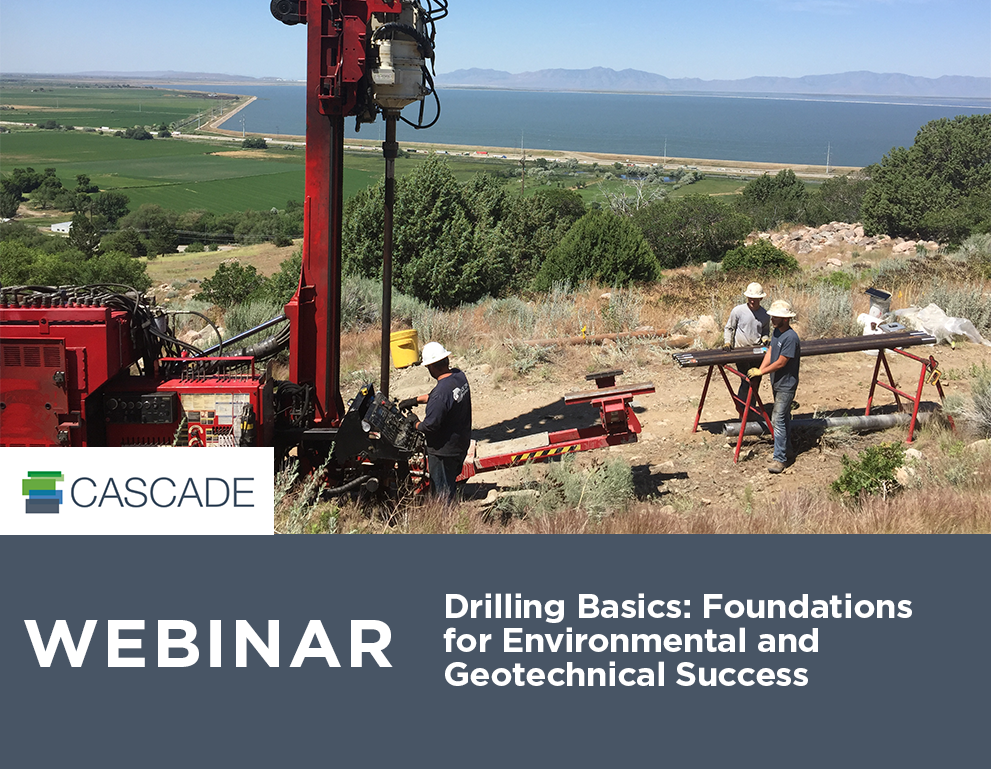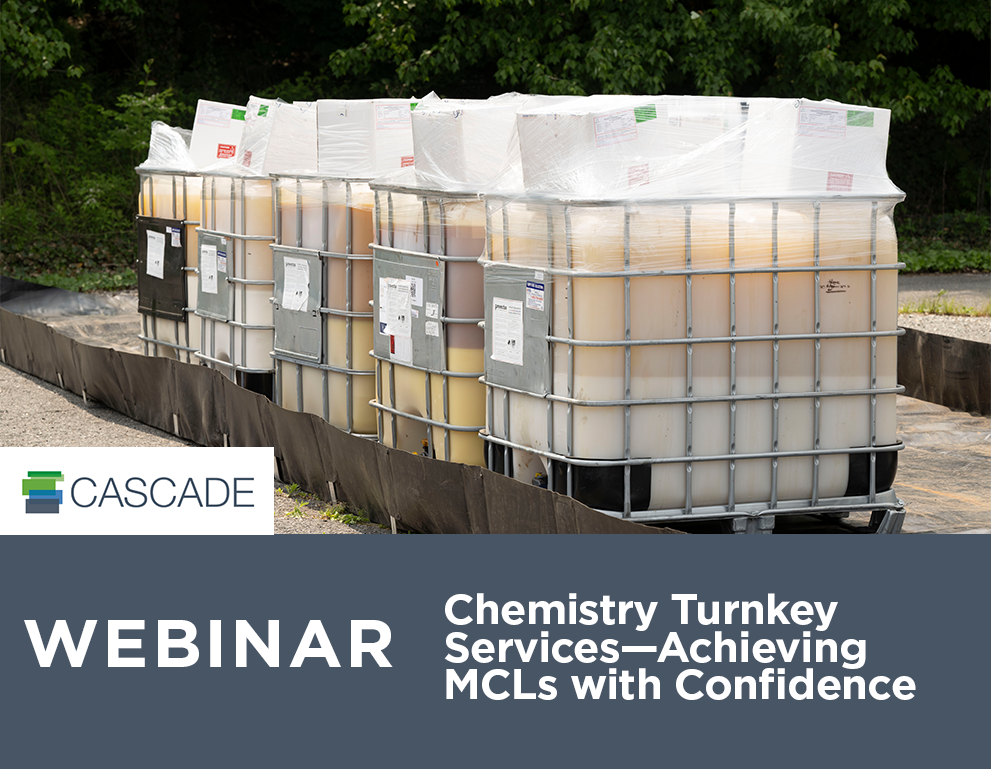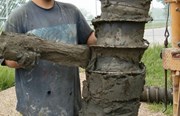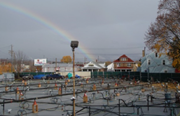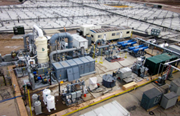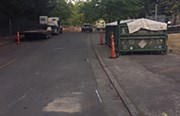What You Need to Know About Water Related Infrastructure Projects
By: Matt FicetoMuch of the infrastructure in our country is in desperate need of repair or replacement, and the most difficult projects often involve bodies of water or waterways—think restoration of seawalls, piers and bridges. Meanwhile, our need for new energy and communication infrastructure often involves drilling and construction in or over water, too.
These projects are some of the most complex, and if you’re planning on taking them on there are a few things you’ll want to know ahead of time. In this blog post, I explain some of the common issues of working near or over water, and how you can plan ahead to avoid or mitigate those problems.
Equipment and Personnel
It’s never a good day when you realize the wrong equipment has been mobilized for your drilling project, but it’s worse if that equipment has been mobilized over water. Changing out equipment for water related infrastructure projects takes considerably more time and money than it does for on-land projects, which is why it’s critical to get it right the first time.
To do so, you need to know the water depths at the drilling site. If tides are an issue, you will also need to take that into consideration when selecting the type of boat or barge to use and the drilling rig, method and tooling to utilize.
When the wrong boat or barge is chosen for the location, high tide may flood the platform or a strong current may carry it away. These issues are not theoretical—I’ve seen them occur for other organizations and, while the local nightly news show is happy for a top story, the client has been less than enthusiastic.
Hand-in-hand with equipment is the experience level of the contractor you’re working with. If they regularly conduct over water drilling, they should be able to help you choose the right equipment for the location and supply a crew with proper training and certification for the job. This can make a huge difference in your project outcome.
Weather
Similar to other natural events like tides and current, bad weather can play a big part in how well your over water project goes. While you can’t control it, you can plan for it and reduce the likelihood of safety hazards, project delays, and cost overruns. If a storm is forecast to hit during mobilization, you and your contractor should have prior knowledge and agreement about the following:
- If the boat or barge can be moved to another location
- If there’s a safe harbor to move the boat or barge
- How evacuation of the crew will occur if needed
Coordination
Depending on where the project is located, there may be many stakeholders with whom you’ll need to communicate and coordinate. A few to consider:
- General population traffic
- Local agencies and organizations, such as the county government, city government, nearby marinas, the Port Authority, etc.
- Governing bodies at the state and federal level,
- The Coast Guard, which requires (among other things) that you release a notice to mariners on the Navicen website
- Utility companies, which may have lines located within close proximity that need to be handled with care
- The state department of environmental conservation (DEC), which may have requirements concerning impacts to local fisheries or wildlife
There are a lot of variables that determine who your stakeholders are and what kind of approval, agreement or coordination is required. Working with an experienced contractor familiar with the area can help ensure you don’t overlook anything important.
Permitting
Water related drilling work requires a lot of permits, but every project is different. A few of the common things to investigate:
- What governing bodies have jurisdiction and may require permitting?
- What permits does the Coast Guard require in this location?
- Do you need a protected species officer (PSO)?
- Are there applicable FAA offshore wind requirements?
- Are there any other specialty requirements?
As much as possible, you should attempt to discover and obtain the required permits ahead of time. While you could potentially rely on your contractor to notify local utilities and obtain permits, this may cause serious delays and result in cost overruns.
There’s a lot to know about water related infrastructure projects, and while this post only scratches the surface, it hopefully gives you a good foundation to get started.
If you have questions or want to work with an experienced over water drilling company, let us know. You can request a quote now.
ABOUT THE AUTHOR
Matt Ficeto
Project Manager
[email protected]
Matt Ficeto is a Project Manager at Aquifer Drilling & Testing, a Cascade Company. He’s worked in the drilling industry for nine years and specializes in geotechnical work. In recent years, Matt has focused on projects occurring near and over water, and provides his expertise about technical, logistical and regulatory issues to clients up and down the eastern seaboard and beyond.




